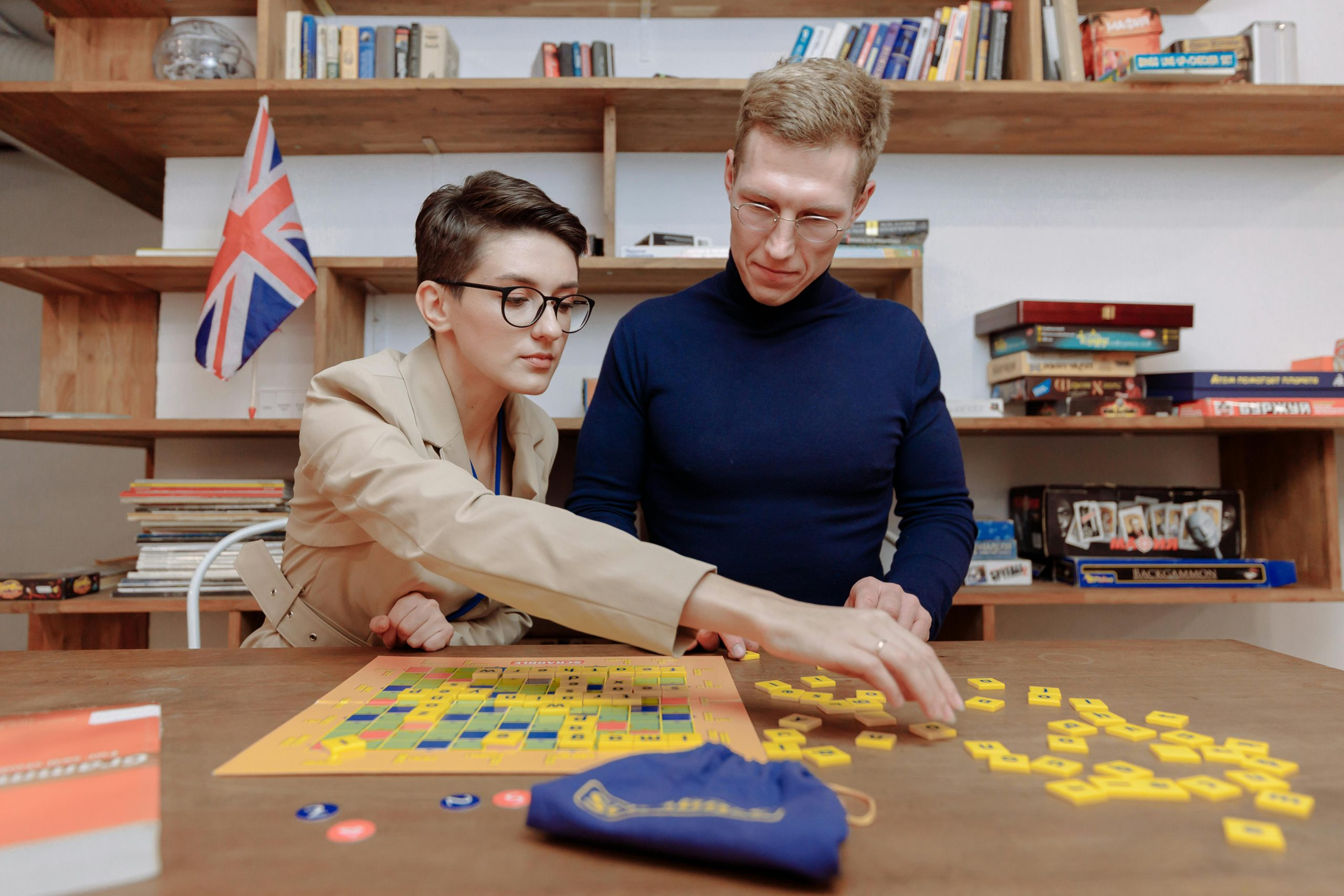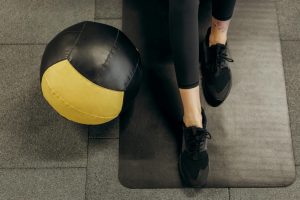Strategies for Overcoming Personal Learning Limitations
Have you ever faced a personal learning limitation that has made it difficult for you to achieve your goals? Maybe you struggle with a particular subject, or you have a learning disability that makes it challenging for you to process information. Whatever the case may be, overcoming personal learning limitations is crucial for personal growth and success. In this article, we will explore some strategies for overcoming personal learning limitations and how they can help you reach your full potential.
Understanding Personal Learning Limitations
Before we dive into strategies for overcoming personal learning limitations, it is essential to understand what they are and how they can affect your learning process. Personal learning limitations are barriers that impede our ability to learn effectively. They can be caused by various factors such as individual differences, learning disabilities, lack of motivation, and environmental factors.
These limitations can have a significant impact on our learning journey, making it harder for us to acquire knowledge and skills. They can be frustrating, discouraging, and lead to feelings of self-doubt. However, it is essential to remember that these limitations are not a reflection of our intelligence or potential. With the right strategies, we can overcome them and achieve our learning goals.
Strategies for Overcoming Personal Learning Limitations
1. Identify Your Learning Style
One of the most effective ways to overcome personal learning limitations is to identify your learning style. We all have unique ways of processing information and learning new things. Some of us are visual learners, while others are more auditory or kinesthetic learners. Knowing your learning style can help you tailor your learning experience to suit your needs.
For example, if you are a visual learner, you may benefit from using visual aids, such as diagrams, charts, or videos, to understand a concept better. On the other hand, if you are an auditory learner, listening to lectures or audio recordings may help you learn more effectively. Understanding your learning style can make a significant difference in how you absorb and retain information.
2. Set Realistic Goals
It can be challenging to stay motivated when you have personal learning limitations. That is why setting realistic goals can be crucial in overcoming these limitations. When setting your learning goals, make sure they are specific, achievable, and measurable. This will give you a sense of direction and help you track your progress.
Also, don’t be too hard on yourself if you don’t achieve your goals within a specific timeframe. Learning at your own pace is essential, and as long as you are making progress, that is what matters most.
3. Seek Help and Support
Don’t be afraid to ask for help when you need it. It can be challenging to overcome personal learning limitations on your own, so seeking help and support from others can be beneficial. Talk to your teachers, mentors, or peers and let them know about your challenges. They may be able to offer you additional resources or techniques to help you overcome your limitations.
You can also join support groups or online communities where you can connect with others who have similar struggles. These groups can offer a safe space to share your experiences, seek advice, and find encouragement.
4. Practice Self-Care
Taking care of yourself is crucial for your overall well-being, but it can also help you overcome personal learning limitations. Make sure you get enough rest, exercise regularly, and follow a healthy diet. Engage in activities that help you relax and reduce stress, such as meditation, yoga, or spending time in nature.
When we are physically and mentally healthy, we are in a better position to learn and retain information. Self-care can also help boost our confidence and motivation, making it easier to overcome our limitations.
5. Use Technology and Tools
In today’s digital world, there are countless tools and technology that can aid in the learning process. If you struggle with a particular subject, look for online tutorials, educational apps, or software that can help you understand the material better.
You can also use assistive technology if you have a learning disability or difficulty with a specific task. For example, text-to-speech software can help students with dyslexia or reading difficulties. Using technology and tools can make learning more accessible and enjoyable for those with personal learning limitations.
In Conclusion
Overcoming personal learning limitations may not be easy, but it is possible with the right strategies and mindset. Remember that everyone has their own journey and learning process. Don’t compare yourself to others, and don’t let your limitations define you. With patience, determination, and support, you can overcome any obstacle and achieve your learning goals.
So, the next time you face a personal learning limitation, remember to identify your learning style, set realistic goals, seek help and support, practice self-care, and use technology and tools to aid in your learning. You’ve got this!











